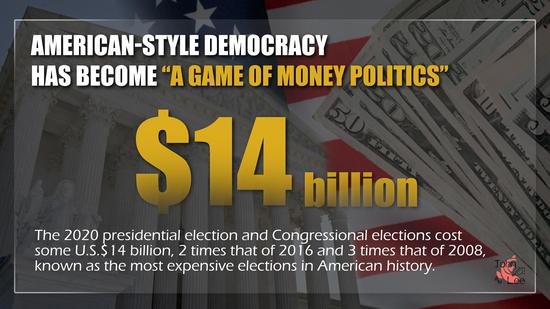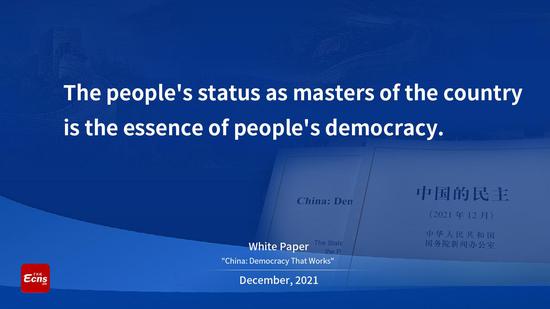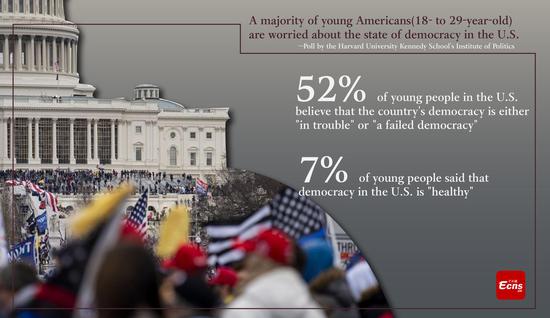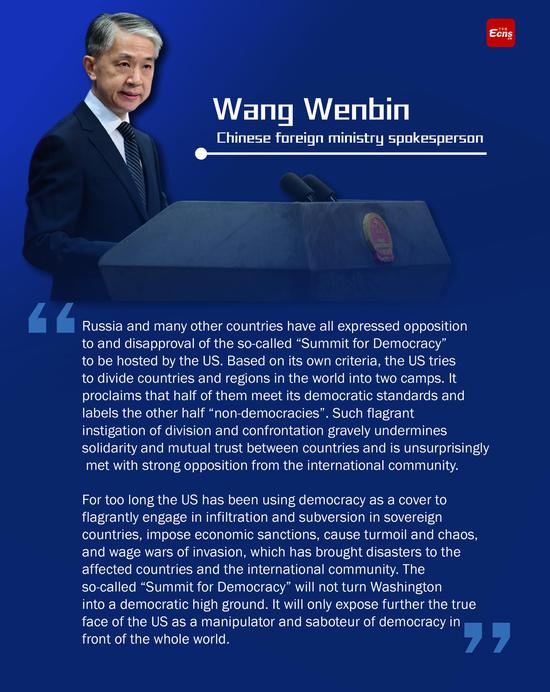A senior official of the World Health Organization (WHO) on Tuesday urged governments and citizens in Europe to take immediate action to halt the spread of the COVID-19 pandemic by implementing five pandemic stabilizers to keep the mortality rate down.
"Increasing vaccination uptake, administering a booster, doubling the rate of mask-wearing indoors, ventilating crowded spaces, and adopting rigorous therapeutic protocols for severe cases" were the five pandemic stabilizers needed, said Hans Kluge, the WHO's regional director for Europe.
Acknowledging that the latest surge driven by the new COVID Omicron variant gives reason to be "concerned and cautious," Kluge said that "the problem now is (the) Delta (virus variant), and however we succeed against Delta today is a win over Omicron tomorrow."
According to the WHO's regional office, the Delta variant is still dominant across Europe and the COVID-19 vaccines remain effective against severe disease or death.
"We are in the business of stabilizing a pandemic, and that means not one variant at a time but all variants, at once," he said.
Noting that the European region's highest infection rates in the past two weeks were observed in the five-14-year age group, Kluge urged all authorities in the region to collaborate to create COVID-safe learning for young children "so that we can avoid school closures and home learning."
"The use of masks, ventilation and regular testing should be standard at all primary schools, and vaccinating children should be discussed and considered nationally, as part of school protection measures," he said.
Meanwhile, COVID-19-related deaths in the region are approaching 4,100 per day, "doubling from 2,100 deaths per day at the end of September 2021," according to WHO Europe.
Research conducted by WHO Europe and the European Centre for Disease Prevention and Control (ECDC) has found that between December 2020 and November 2021, at least 469,186 lives were directly saved through COVID-19 vaccination.
"This is an overwhelming affirmation of the value of vaccines and science, a testimony to government and healthcare worker commitment and, most of all, a great recognition of the public's acceptance and support for tackling this pandemic," Kluge said.
According to WHO Europe, 55 percent of all Europeans have already been fully vaccinated and 43 out of 53 countries now offer an additional or booster dose to their most vulnerable populations.


















































 京公网安备 11010202009201号
京公网安备 11010202009201号